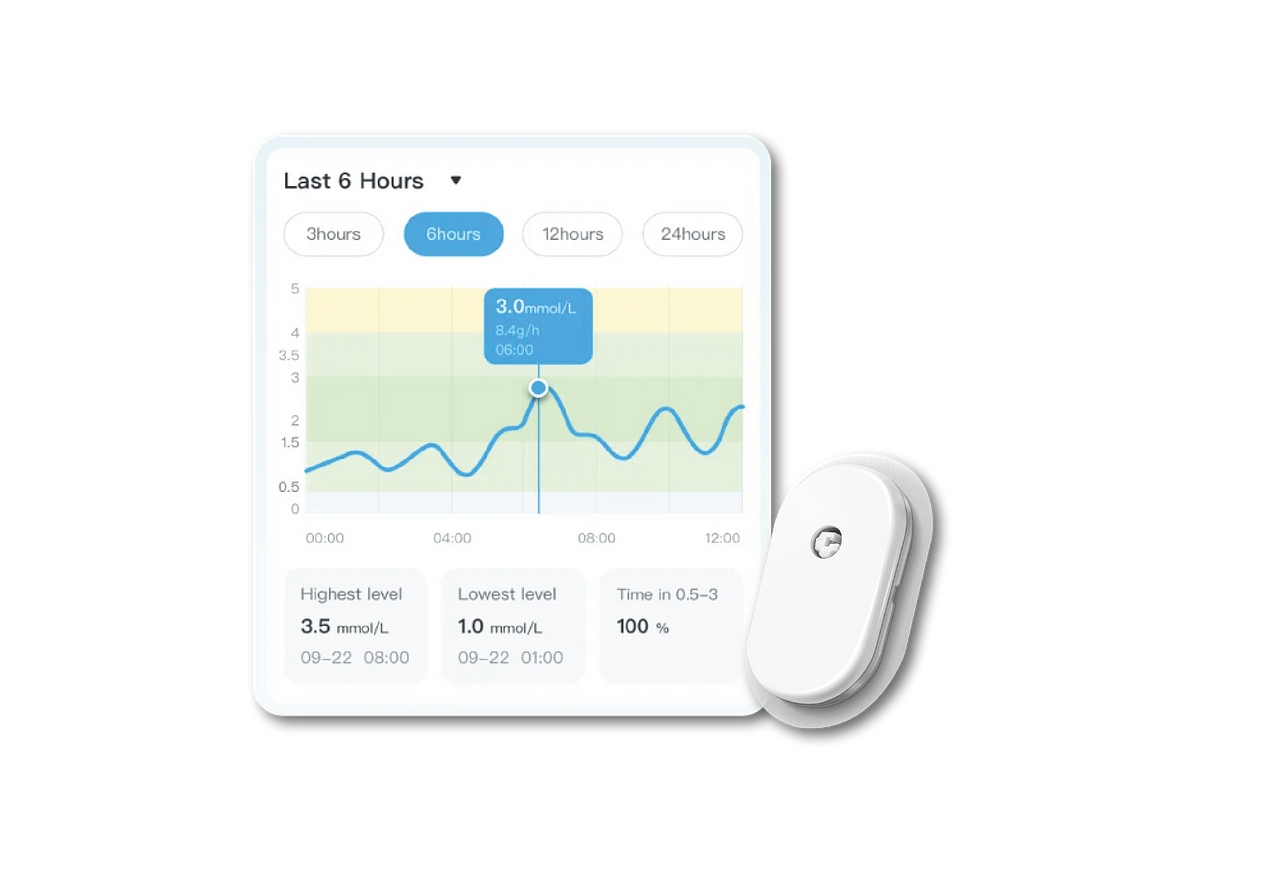Fueled by Fat - The Energy Benefits of Ketosis

In a world where dietary trends come and go, one has managed to stand the test of time and science – the ketogenic diet. Fueled by fat, the keto diet has gained popularity not only for its weight loss benefits but also for its remarkable impact on energy levels. In this blog, we'll explore the fascinating science behind ketosis and how it transforms the body's energy dynamics, providing a sustainable and efficient source of fuel.

Photo by Total Shape on Unsplash
Understanding Ketosis:
At its core, the ketogenic diet is a low-carbohydrate, high-fat, and moderate-protein eating plan. The magic happens when the body transitions into a state called ketosis. During ketosis, the body shifts its primary fuel source from carbohydrates to fats. This metabolic switch occurs when carbohydrate intake is significantly reduced, prompting the body to break down fats into ketones, an alternative fuel source. This shift introduces an inhibitory effect on fat synthesis, further contributing to the efficiency of the body's energy production process.
Efficient Energy Production:
One of the key advantages of ketosis is its ability to unlock a more efficient and sustained energy production process. When the body relies on carbohydrates for fuel, it experiences spikes and crashes in blood sugar levels, leading to energy fluctuations and fatigue. On the other hand, ketones provide a stable and continuous energy supply, offering a smoother and more sustained source of vitality.

Photo by Doğ ukan Ş ahin on Unsplash
Fat as a Reliable Energy Reservoir:
The human body stores an extensive amount of energy in the form of fat. When in ketosis, this abundant fat reservoir becomes the primary source of fuel. Unlike the limited storage capacity of carbohydrates in the body, fat offers a more sustainable energy solution. As a result, individuals on the keto diet find themselves equipped with increased endurance and improved stamina, making it easier to tackle physical and mental challenges.
Enhanced Cognitive Function:
In addition to physical performance, the keto diet has been associated with cognitive benefits. The brain, a highly energy-demanding organ, thrives on a consistent supply of energy. Ketones, being an efficient fuel source, provide the brain with a stable stream of energy, enhancing cognitive function, focus, and mental clarity. Many individuals on the keto diet report heightened concentration and improved productivity.
Reduced Fatigue and Faster Recovery:
Say goodbye to the mid-afternoon energy slump. Ketosis helps regulate blood sugar levels, preventing the crashes that often lead to fatigue. With a steady supply of energy from fat, individuals experience reduced fatigue, both mentally and physically. Additionally, the anti-inflammatory effects of the keto diet contribute to faster recovery times, making it an attractive choice for athletes and fitness enthusiasts.
Practical Tips for a Successful Keto Journey:
- Mindful Macronutrient Intake:Keep your carbohydrate intake low, focusing on healthy fats and moderate protein sources.
- Stay Hydrated: Proper hydration is crucial, especially during the initial stages of the keto diet. It aids in flushing out toxins and supporting metabolic processes.
- Include Quality Fats: Opt for sources of healthy fats such as avocados, nuts, seeds, and olive oil to ensure a well-rounded and nutritious diet.
- Regular Exercise: Combine the keto diet with regular exerciseto maximize its benefits on energy levels and overall well-being.

Continued Monitoring for Optimal Results:
While the ketogenic diet undoubtedly offers a powerful strategy for harnessing the energy benefits of ketosis, staying on track can sometimes be challenging. This is where innovative SiBio technology, the SiBio KS1 Continuous Ketone Monitoring (CKM) System, come into play. The SiBio KS1 CKM, featuring 24h x 14d, allows users to monitor their ketone levels continuously, empowering them to make informed decisions about their diet and lifestyle.
Conclusion:
In conclusion, the keto diet's emphasis on fat as the primary energy source offers a unique and sustainable approach to enhancing energy levels and combating fatigue. By embracing ketosis, individuals can tap into their body's incredible capacity to utilize fat for fuel, experiencing not only improved physical performance but also enhanced mental clarity.
FAQ:
Q: What happens to fat during ketosis?
A: In ketosis, the body shifts its primary fuel source from carbohydrates to fats. During this metabolic state, fats are broken down into ketones, serving as an alternative fuel source. This process allows the body to utilize stored fat for energy, contributing to weight loss and improved energy levels.
Q: What are the first signs of ketosis?
A: The initial signs of ketosis may include increased thirst, frequent urination, a dry mouth, and a decrease in appetite. Some people also experience a distinctive breath odor known as "ketone breath." These early indicators suggest that the body is transitioning into a state of ketosis.
Q: What color is urine when in ketosis?
A: During ketosis, urine color may change to a lighter shade, ranging from light yellow to pale straw. This is primarily due to increased hydration and the body excreting ketones. It's essential to stay adequately hydrated while on the ketogenic diet.
Q: Why do I smell during keto?
A: The noticeable odor associated with keto, often described as fruity or acetone-like, is primarily attributed to the release of acetone, a ketone, through breath and sweat. While it may be a temporary side effect, maintaining good oral hygiene, using breath fresheners, and staying adequately hydrated can help manage and reduce the intensity of the odor associated with ketosis.



